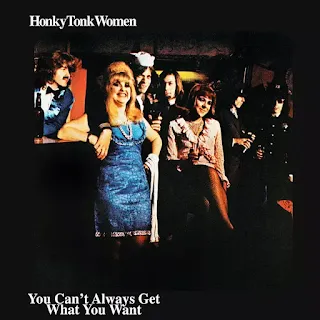 |
| https://www.vecteezy.com/free-vector/pig-cartoon |
KP, rest his soul, was our lecturer. He was quite well-liked by his students and knew his subject matter like the back of his hand. He taught Parasitology. Thanks to him, we are still able to rattle off bizarre names of some parasites, like Diphyllobothrium Latum (fish tapeworm), that would roll out of our tongues even when awoken from our deepest sleeps and still be able to tell some afflictions it can cause, like B12 deficiency from ingesting raw fish.
Truth be told, many human parasites spend a short part of their life cycle in pigs. Our porcine friend frequently makes a special star appearance in his lectures. KP finds too much joy in denigrating pigs as dirty and disease-carrying creatures. Happiness can be found when he lectured about trinellaisis and taenia solium (pork tapeworm). A glaringly similar pride was absent when the topic of the day was Taenia saginata (beef tapeworm).
After giving a rundown of all the zoonotic diseases potentially spread by our porcine neighbours, out of the blue, he blurted, "That is probably why, we, Malay Muslims are discouraged to consume pork!" (Mungkin sebab itu agaknya, kita orang Melayu-Islam tidak digalakan memakan daging khinzir, ya?)
A few of us at the back suddenly had a spurt in catecholamine perfusion in the system. We looked at each other, wondering what hit us. We all knew that KP was a Hindu who converted to Islam after marrying a Malay lady. Everyone accepted him to be a Muslim, but to call himself a Malay defied logic. An Indian Hindu who embraces Islam does not become Malay. I do not think that KP knew that we knew about his background.
 |
| Mahathir Muhammad - Pannarayi Vijayan https://x.com/thelast_demigod/status/1782739109234278604 |
KP did his thing, and we went on to do ours. Many years later, I heard that he was too shy to say that his father had died and had to rush to his hometown. Instead, he said that he had a family emergency. He returned to work the following day to lecture, as if nothing happened. The news of the death of his Hindu father was not shared with his colleagues. He thought nobody knew. Even before the era of social media, word got around.
































